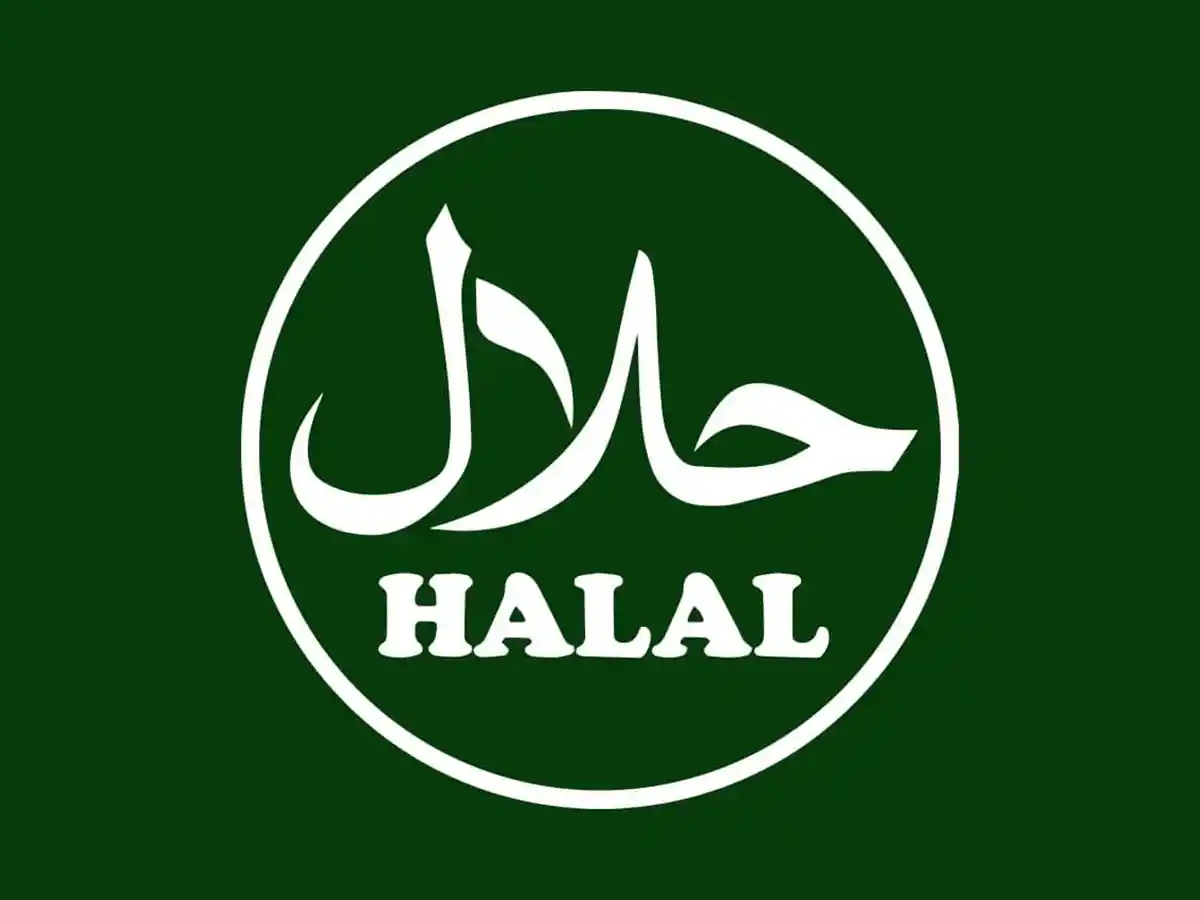Halal food is an important part of life for many Muslims in the UK. With the increasing demand for halal products, it’s essential to ensure that the food you consume is certified halal. This article will guide you through the process of halal verification in the UK, explaining what it is, why it matters, and how to find trusted halal certification.
What is Halal Verification?
Halal verification is the process of confirming that food and beverages meet the dietary requirements outlined in Islamic law. “Halal” means permissible in Arabic, and foods must follow specific guidelines to be considered halal. For example, meat must come from an animal that has been slaughtered according to Islamic traditions, and certain ingredients must not be used, such as alcohol or pork.
In the UK, halal verification ensures that products and food establishments meet these standards. This verification is typically done by halal certification bodies, which inspect the production process and ingredients of food products to confirm their compliance with halal practices.
Why is Halal Verification Important?
Halal verification is essential for several reasons, particularly for Muslims who must adhere to Islamic dietary laws. It guarantees that the food they consume meets religious standards. Here are some reasons why halal verification matters:
- Religious Compliance: Many Muslims rely on halal certification to ensure they are eating food that complies with Islamic teachings. Consuming non-halal products can be a significant concern for those who follow halal dietary laws strictly.
- Trust and Transparency: Halal verification provides transparency to consumers. When food is certified halal, customers can trust that the product has undergone a thorough inspection by a reputable body.
- Quality Control: Halal certification bodies often perform regular checks and audits to ensure that food production processes remain consistent with halal standards. This can help ensure higher quality and safety in food products.
- Peace of Mind: For businesses, having halal certification can increase customer confidence. It reassures consumers that the food being sold is halal, leading to a positive reputation for the business.
How Does Halal Certification Work?
Halal certification involves a rigorous process of verification carried out by recognised halal certification bodies. Here’s how the process typically works:
- Application: A food producer or restaurant applies for halal certification from a recognised body. This could be a meat supplier, food manufacturer, or restaurant looking to serve halal food.
- Inspection: The certification body will inspect the production facility to ensure that the food is prepared according to halal practices. This includes checking the source of ingredients, the slaughtering process, and how the food is handled to avoid contamination with non-halal items.
- Audit and Documentation: The certification body will assess all documents related to the production process. They may also audit the facility to ensure that all staff follow halal practices in every step of the food production.
- Certification: Once the food producer or restaurant passes the inspection, they receive halal certification. This certification can be displayed on the product or menu to inform consumers.
- Ongoing Monitoring: Halal certification is not a one-time event. Certification bodies will often conduct regular audits to ensure that halal standards are maintained. This ensures continued compliance with halal laws.
Halal Certification Bodies in the UK
Several halal certification bodies operate in the UK. These organisations are responsible for verifying that food products meet halal standards. Some of the most recognised halal certification bodies in the UK include:
- Halal Food Authority (HFA): This is one of the leading halal certification bodies in the UK. It offers certification to a wide range of food products and food establishments.
- The Halal Monitoring Committee (HMC): The HMC is another well-known organisation that provides halal certification, particularly for meat products.
- Islamic Food and Nutrition Council of America (IFANCA): While IFANCA is based in the USA, it also provides halal certification services in the UK.
These bodies provide halal certification and ensure that businesses comply with halal practices. It’s important to check the accreditation of the certification body to ensure that it is trustworthy and recognised.
What to Look for When Choosing Halal Certified Products
When looking for halal-certified products in the UK, there are several things to keep in mind:
- Certification Logo: Trusted halal-certified products usually carry a halal certification logo on the packaging. Look for logos from reputable certification bodies like HFA, HMC, or IFANCA.
- Ingredient List: Always check the ingredient list to ensure that it does not contain any prohibited items such as alcohol, pork, or non-halal meat. If the product is halal-certified, it should be free of such ingredients.
- Restaurant Menus: For dining out, check the restaurant’s menu for halal certification. Many halal restaurants proudly display their halal certification on their menu or near the entrance.
- Reputable Sources: Choose products from businesses or manufacturers that are well-known and reputable in the halal food market. Research online reviews and ask for recommendations from others in your community.
How to Verify Halal Certification
Verifying halal certification is an important step to ensure that the food you are consuming is truly halal. Here’s how you can do it:
- Look for Certification Logos: Check for the halal certification logo on product packaging or restaurant menus. A legitimate halal certification body will usually display their logo on certified items.
- Check the Certifying Body: If you’re unsure about the certification, research the certifying body to make sure it is reputable and recognised. Trusted certification bodies will be transparent about their process.
- Ask the Vendor: If you are unsure whether a product is halal, ask the vendor or restaurant staff to show proof of halal certification. Most businesses are happy to provide this information.
- Use Online Resources: Many halal certification bodies have websites where you can verify if a product or restaurant is certified halal. You can also find databases of halal-certified food manufacturers online.
Conclusion
Halal verification in the UK is an important process for ensuring that food meets Islamic dietary requirements. Whether you are buying halal products or dining out, it’s essential to look for reliable halal certification from recognised bodies. By understanding the process and knowing what to look for, you can make informed choices and enjoy food with confidence.




